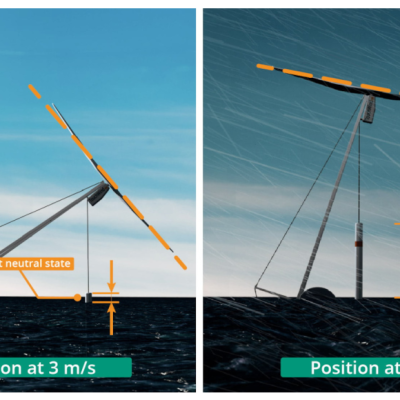Every sixth package in Germany is returned, according to a study by the University of Bamberg. This amounts to 280 million returns per year, resulting in high costs for retailers and 238,000 tons of CO2 equivalents. The university’s Retour Management research group has released a follow-up study on how to reduce the number of returns. The study surveyed 139 German online retailers and found that many are making efforts to reduce returns, including improving product and size information. The study also suggests that standardized sizing and the introduction of a small return fee could significantly reduce the number of returns.
The study found that many online retailers are making efforts to reduce returns, not only for environmental reasons but also for economic reasons. Returns cost an average of almost €20 per item, making them a significant expense for retailers. The study suggests that better product information and standardized sizing could help reduce returns, particularly in the fashion industry. The study also suggests that a small return fee could be introduced to reduce the number of returns. The study found that a fee of €2.95 per shipment could prevent 16% of returns, or 80 million items per year.
The introduction of a return fee would help to reduce the cost of returns for retailers and could lead to lower product prices. The study suggests that mandatory return fees would be fairer than the current system, where customers with few returns subsidize those with many returns. The study also suggests that retailers could use data analysis and technology, such as smartphone cameras, to reduce the number of returns due to ill-fitting clothing. The study concludes that the introduction of standardized sizing and a small return fee could significantly reduce the number of returns in Germany.










